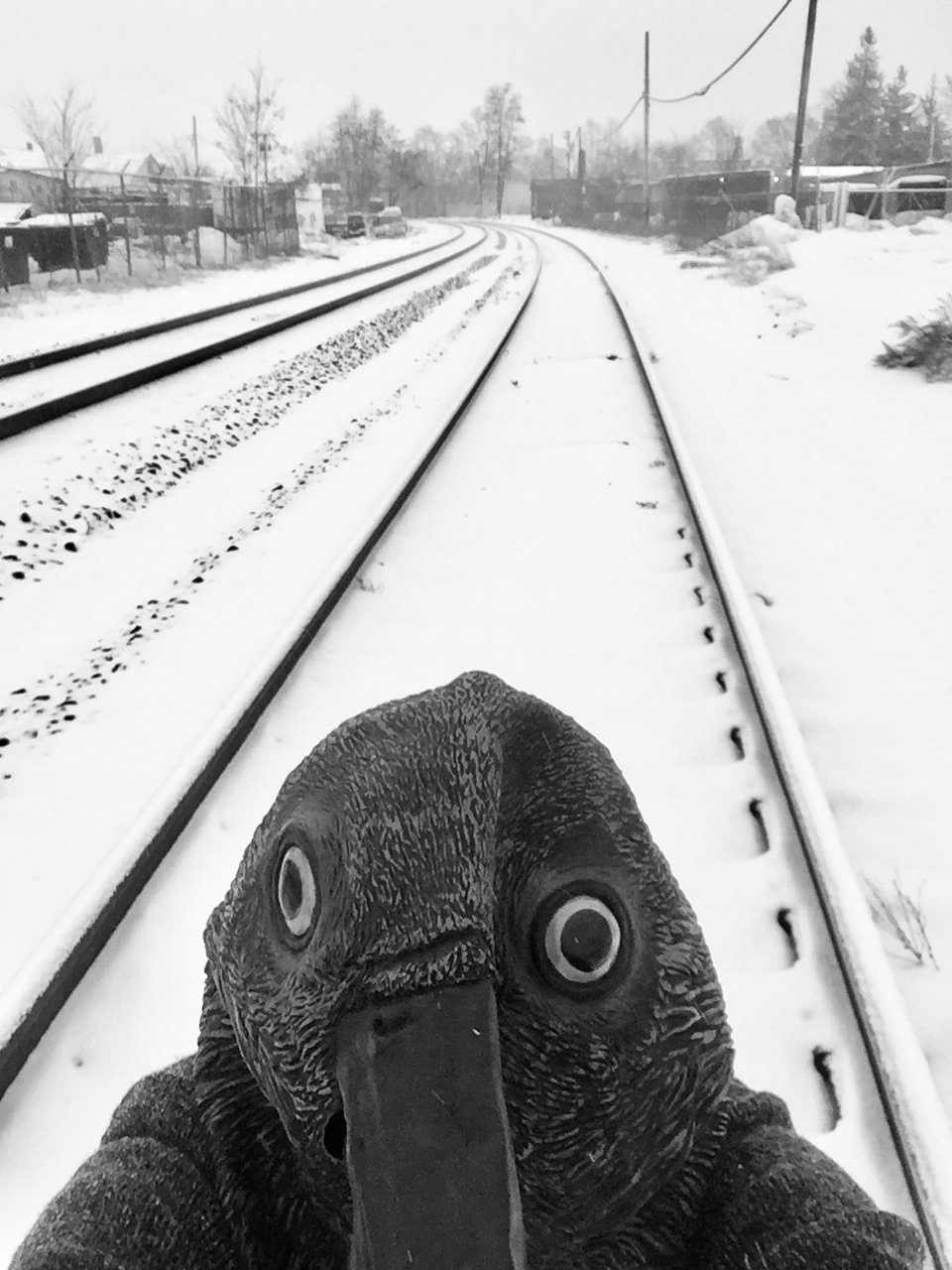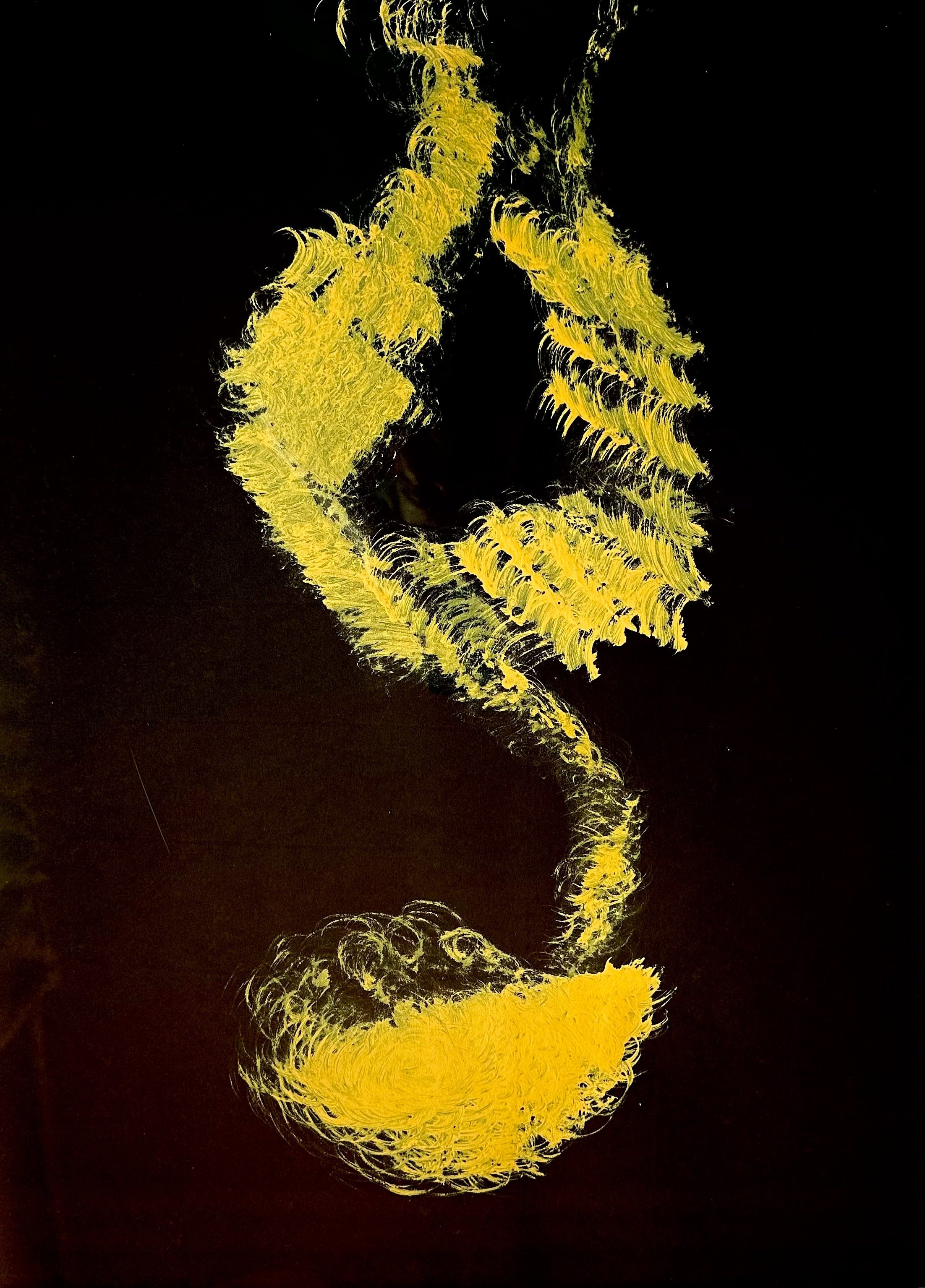
“At my age I mostly yearn to leave my mark on the world. Poetry, photography, painting, whatever the medium may be, I’m driven to develop my own ‘Will Nixon’ touch, my own version of what this art form can say. Humor, whimsy, ecstasy, outrage, honesty, vulnerability, these are the tools of my trade. Journey is my favorite word. So is octopus for reasons I can’t explain.”
-
Will Nixon was raised in the Connecticut suburbs. In his twenties and thirties he lived in Hoboken and Manhattan, where he worked in book publishing then became a freelance journalist, finding his calling with environmental stories. On the verge of hitting forty he moved into a Catskills log cabin and turned more seriously to poetry. His books include My Late Mother as a Ruffed Grouse and Love in the City of Grudges. He then lived in and around Woodstock, where with Michael Perkins he co-authored Walking Woodstock: Journeys into the Wild Heart of America's Most Famous Small Town. Together they started Bushwhack Books which has produced a dozen titles, most recently, Crossing Divides: My Journey to Standing Rock by Vernon Benjamin, the late Hudson Valley historian. Nixon now lives in Kingston, but he's active with Shout Out Saugerties. In 2023 he performed a monologue inspired by his photo, "The Wounded Crow," as part of an arts festival inspired by Linda Montano. He's finishing a poetry book to be released in December 2024, If Not in Heaven, Then in Saugerties. He also dreams of publishing his novel, Lyndon Baines Takes a Fare to the Palace of Wisdom, the story of an epic cab ride in Gotham in 2063. It's a retelling of the Orpheus myth about rescuing the dearly departed from the underworld, but in this future the Death Portal of New Jersey has replaced Hades.

Words
“I began writing poetry almost by chance in my mid-thirties near the end of a day hike up to a Catskills fire tower. On my way back I came upon a porcupine lying on the dirt road, fresh roadkill.”

Photos
“Camera-shy all my life, I happened to have a borrowed iPod on hand when for a poetry workshop assignment I was asked to bring in two selfies for an exercise inspired by the story of Narcissus. Before long, I was crouching beside boulders, peeking out from behind birch trees, rolling around on a mattress thrown into the roadside weeds. I had the camera bug. Narcissus was me.”

Paintings
“When the brush gets busy on the paper, I feel myself reaching for what Frederico Garcia Lorca called duende, the ‘black sounds’...the roots fastened in the mire that we all know and ignore.”

